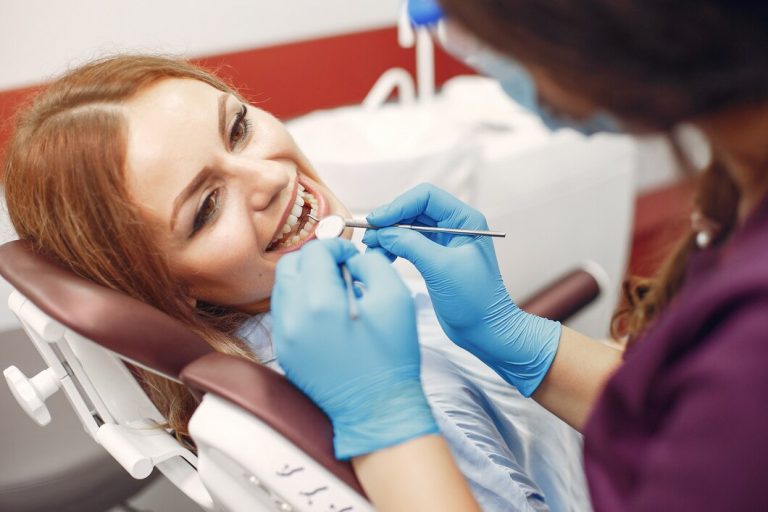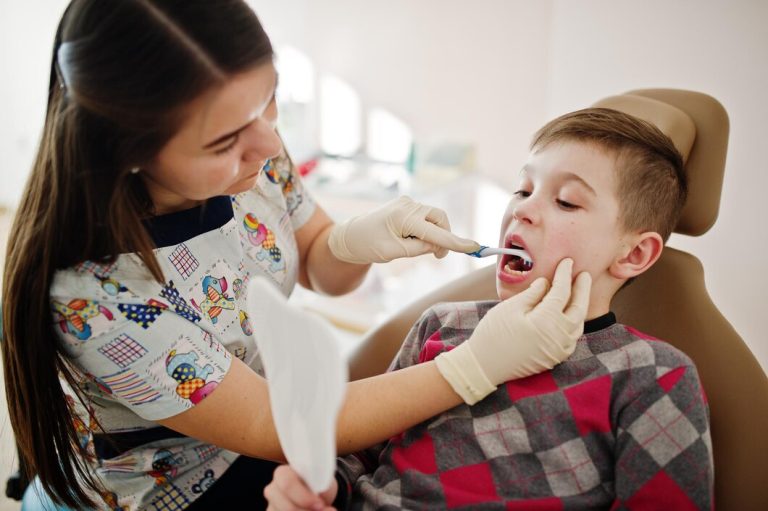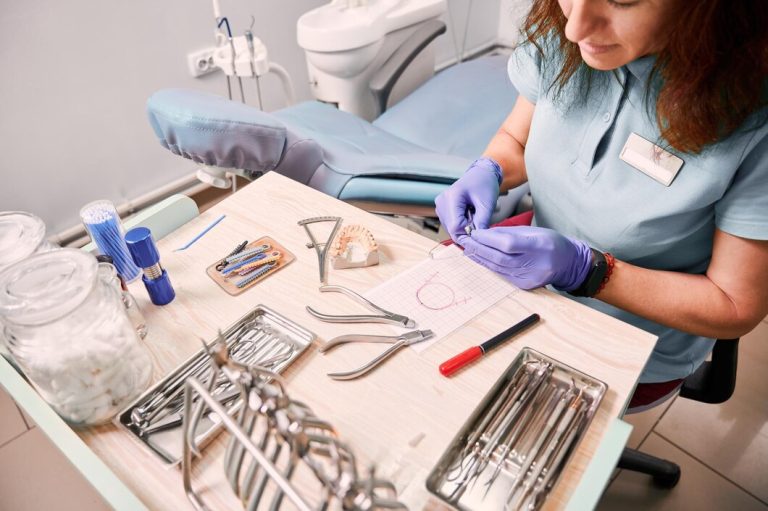Teeth grinding, clinically known as bruxism, is a common dental issue that affects both children and adults in Northglenn and around the world. Often occurring during sleep, bruxism involves the clenching, grinding, and gnashing of teeth, which can lead to various oral health concerns if left untreated. At Colorado Gum Care Northglenn, CO, our team of dental professionals is dedicated to helping Northglenn residents identify the symptoms and causes of teeth grinding, as well as providing effective treatment options to mitigate further dental damage and promote overall oral health.
In this blog post, we will delve into the impact of teeth grinding on your smile and overall dental health, exploring the symptoms, causes, and potential consequences of this often overlooked condition. Furthermore, we will discuss the various preventive measures and treatment options available at Colorado Gum Care Northglenn, CO, empowering Northglenn residents to take control of their dental health and protect their smiles from the negative effects of bruxism.
Left unaddressed, teeth grinding can lead to a range of oral health concerns, including worn and damaged teeth, tooth sensitivity, and even temporomandibular joint disorders (TMD). By understanding the signs and symptoms of bruxism, seeking professional guidance, and implementing suitable treatment measures, individuals can effectively combat this common dental issue and safeguard their oral well-being.
At Colorado Gum Care Northglenn, CO, our team of skilled dental professionals is committed to providing comprehensive dental care solutions for Northglenn residents experiencing teeth grinding. From personalized assessments to expert treatment recommendations, our holistic approach ensures every patient receives the support they need to maintain a healthy, radiant smile. Read on to learn more about teeth grinding, its effects on oral health, and the various treatment options available at Colorado Gum Care Northglenn, CO.
Recognizing the Signs and Symptoms of Teeth Grinding
The ability to identify the signs and symptoms associated with bruxism is crucial for seeking timely treatment and preventing oral health issues. Some common signs of teeth grinding include:
1. Worn Tooth Enamel: The constant grinding and pressure exerted on teeth can result in worn and damaged tooth enamel, which may lead to increased tooth sensitivity and eventual tooth loss.
2. Flattened or Chipped Teeth: Bruxism can cause teeth to appear flattened or result in small chips or fractures on the edges of teeth.
3. Sleep Disturbances: Grinding or clenching during sleep may cause disruptions in your sleep pattern and, in some cases, disturb your sleeping partner.
4. Jaw Pain and Tightness: Prolonged teeth grinding can cause tension and discomfort in the jaw muscles, leading to facial pain, tightness, or even temporomandibular joint disorders (TMD).
Potential Causes of Teeth Grinding
It is essential to pinpoint the underlying cause of teeth grinding in order to find the most effective treatment. Some potential causes of bruxism include:
1. Stress and Anxiety: Emotional stress and anxiety have been identified as significant contributing factors to teeth grinding.
2. Sleep Apnea: Bruxism may be associated with certain sleep disorders, including obstructive sleep apnea, where individuals experience pauses in their breathing during sleep.
3. Improper Bite Alignment: Misaligned teeth or an abnormal bite can cause excessive grinding and clenching of teeth.
4. Lifestyle and Habits: Excessive consumption of caffeinated beverages, alcohol, or smoking can exacerbate bruxism, particularly when combined with other risk factors.
Teeth Grinding Treatment Options
Several treatment options can effectively manage and alleviate the negative effects of teeth grinding. At Colorado Gum Care Northglenn, CO, we offer personalized treatment plans tailored to the unique needs and circumstances of each patient:
1. Occlusal Splints (Night Guards): Custom-fitted oral appliances, such as night guards, can provide a protective barrier between the upper and lower teeth, preventing direct tooth-to-tooth contact and reducing pressure on the jaw.
2. Orthodontic Treatment: In cases where misaligned teeth or an improper bite contribute to bruxism, orthodontic treatment, such as braces or clear aligners, can improve tooth alignment and alleviate teeth grinding.
3. Stress Management: Incorporating relaxation techniques, like deep breathing exercises, yoga, or meditation, can help individuals manage stress and anxiety, potentially reducing teeth grinding.
4. Sleep Apnea Treatment: For those with a sleep-related cause for their bruxism, treating the underlying sleep disorder, such as using a continuous positive airway pressure (CPAP) device, can effectively address the issue.
Conclusion
Teeth grinding is a common dental issue that can have severe implications for oral health if left untreated. By recognizing the signs, understanding the causes, and seeking appropriate treatment, Northglenn residents can effectively manage bruxism and protect their smiles. At Colorado Gum Care Northglenn, CO, our skilled dental professionals provide personalized and comprehensive treatment options tailored to each patient’s unique needs, ensuring the best possible results in combating teeth grinding.
If you believe you may be experiencing bruxism or have concerns about any aspect of your oral health, don’t hesitate to contact our caring team at Colorado Gum Care Northglenn, CO to schedule an appointment and embark on the path toward a healthier, radiant smile. Consult an oral surgeon in CO today!







